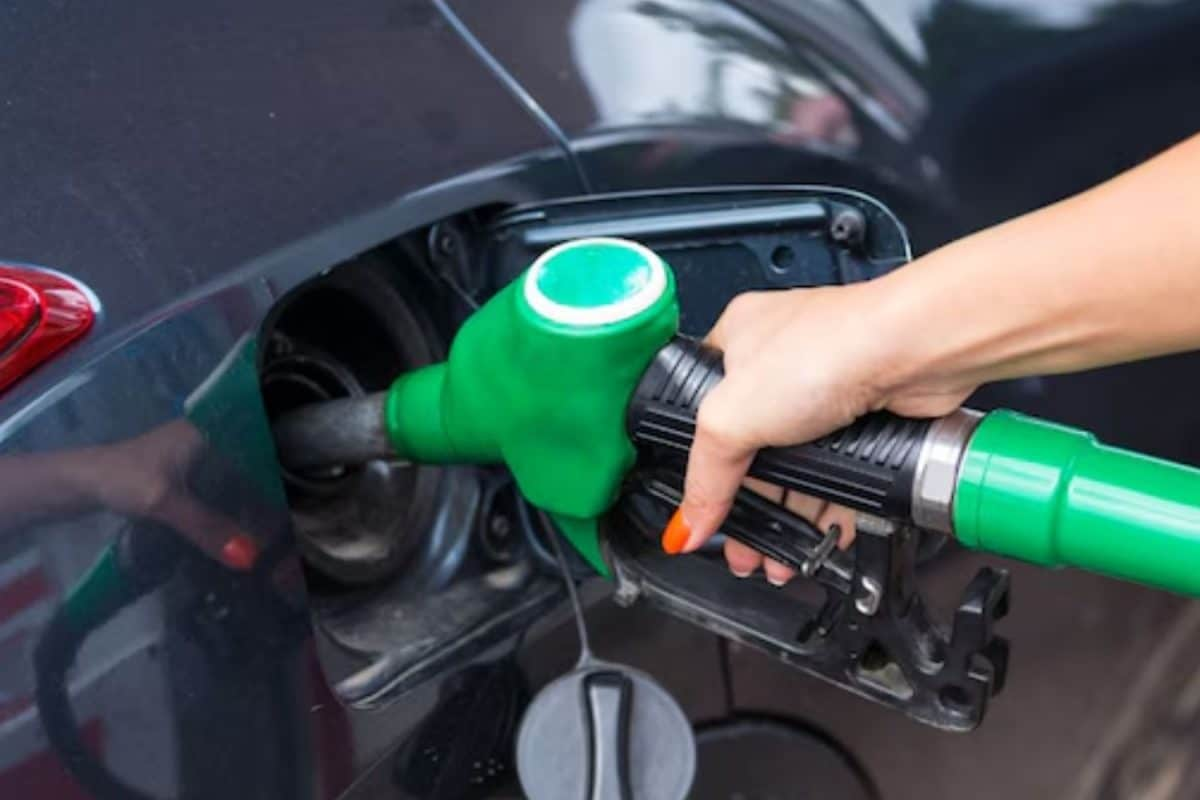As of July 3, 2025, fuel prices remain a significant concern for consumers and policymakers alike. Here's a look at the latest updates in petrol and diesel prices across various regions.
Global Market Influences
Global crude oil prices and international geopolitical tensions continue to be primary drivers influencing domestic fuel costs. Fluctuations in these factors can lead to changes in the prices consumers see at the pump. Recently, increased tensions in the Middle East have contributed to price volatility. However, trade agreements and other economic factors can also play a role in stabilizing or further shifting prices.
Regional Price Overview
- India: Fuel prices remained mostly steady across major metropolitan areas in India. For example, in Delhi, petrol is retailing at Rs 94.77 per liter, and diesel costs Rs 87.67. In Mumbai, the prices are Rs 103.50 for petrol and Rs 90.03 for diesel. Chennai sees petrol at Rs 100.80 and diesel at Rs 92.39. Kolkata has petrol priced at Rs 105.41 and diesel at Rs 92.02. These prices have remained relatively stable since May 2022, following tax reductions by the central and state governments.
- Malaysia: The Ministry of Finance announced a decrease of 3 sen per litre in the retail prices of RON97 petrol and diesel in Peninsular Malaysia for July 3 to July 9, 2025. The price of RON97 has fallen to RM3.18 per litre. The price of RON 95 petrol remains unchanged at RM2.05 per litre. Diesel also saw a reduction to RM2.85 per litre.
- United States: The national average gas price is $3.171. Diesel prices average $3.655. These figures represent slight decreases compared to the previous week, but are still subject to daily fluctuations.
- Other Regions:
- In Pakistan, the price of Premier Euro 5 petrol is Rs.266.79 per liter.
- In Jamaica, 87 octane gasoline is priced at 157.8028, 90 octane at 164.9487, and auto diesel at 163.2703.
Factors Influencing Price Changes
Several factors contribute to the daily price adjustments seen at fuel stations. These include:
- Global Crude Oil Prices: The cost of crude oil on the international market is a primary driver.
- Exchange Rates: The rupee-dollar exchange rate impacts fuel prices in countries like India.
- Supply and Demand: Actual and expected demand for fuel affects pricing.
- Geopolitical Factors: Tensions and conflicts in oil-producing regions can cause price spikes.
- Government Policies: Taxes and regulations set by both central and state governments play a crucial role in the final price at the pump.
Fuel Pricing Mechanisms
Many countries use a dynamic fuel pricing mechanism that considers international crude prices, exchange rates, and market demand. In India, oil marketing companies review and revise prices daily at 6:00 a.m. based on these factors. This approach allows for quick adjustments that reflect current market conditions.
Future Expectations
The RAC (Royal Automobile Club) anticipates price stabilization, contingent on retailers' profit margins. Events such as the OPEC+ meeting and developments in international trade relations will also influence future fuel prices.

